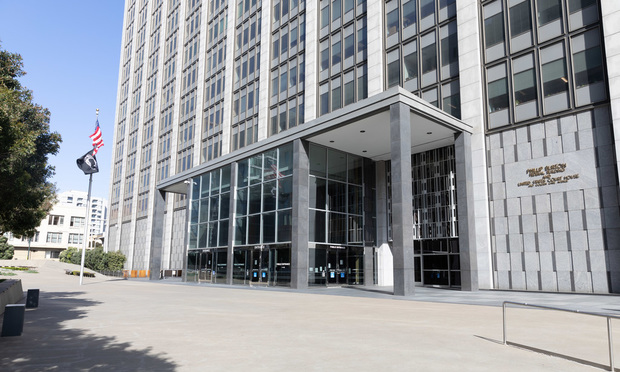The COVID-19 pandemic has dramatically disrupted our courts. Courthouses have been closed; hearings have been conducted with minimal staffing, held remotely or postponed; and court personnel have scrambled to work from home. Federal courts, which long have resisted electronic access and virtual proceedings, suddenly have had to implement emergency measures to facilitate them.
It would be disappointing if these measures simply were abandoned when the current circumstances have passed. While their first priority must be assuring the safety of court users and court staff, the courts also have an invaluable opportunity to study new ways of doing their work.
The Catalyst of Crisis
This content has been archived. It is available through our partners, LexisNexis® and Bloomberg Law.
To view this content, please continue to their sites.
Not a Lexis Subscriber?
Subscribe Now
Not a Bloomberg Law Subscriber?
Subscribe Now
LexisNexis® and Bloomberg Law are third party online distributors of the broad collection of current and archived versions of ALM's legal news publications. LexisNexis® and Bloomberg Law customers are able to access and use ALM's content, including content from the National Law Journal, The American Lawyer, Legaltech News, The New York Law Journal, and Corporate Counsel, as well as other sources of legal information.
For questions call 1-877-256-2472 or contact us at [email protected]


 Outside the Phillip Burton Federal Building on April 13, 2020, under the statewide shelter-in-place order. Photo: Jason Doiy/ALM
Outside the Phillip Burton Federal Building on April 13, 2020, under the statewide shelter-in-place order. Photo: Jason Doiy/ALM






